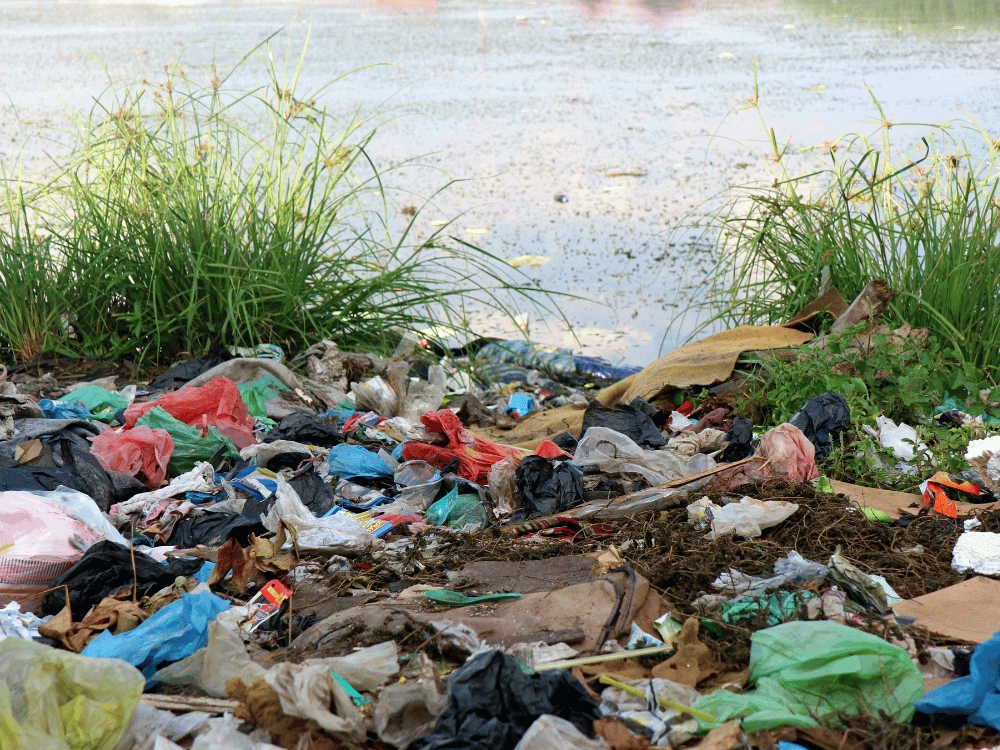Concerning environmental protection and public health, Per- and Polyfluoroalkyl Substances (PFAS) pollution has emerged as a pressing concern in recent years. As Congress deliberates on exempting specific PFAS polluters from cleanup obligations, it becomes imperative to delve into the multifaceted implications of such actions.

The Hazardous Nature of PFAS Compounds
PFAS compounds are notorious for their persistence in the environment and adverse effects on human health. Studies have consistently shown the toxic nature of PFAS, with even low levels of exposure posing significant risks.
According to reputable sources like the Environmental Working Group (EWG), a considerable portion of the American population is exposed to PFAS through drinking water, exacerbating health concerns.

Environmental and Financial Ramifications
PFAS pollution has significant health implications, impacting the environment and financial resources. The financial burden associated with addressing PFAS contamination amounts to billions of dollars annually, straining healthcare systems and productivity. Additionally, PFAS pollution poses a substantial threat to ecosystems and wildlife, with contamination persisting in water bodies, soil, and air.
The Role of Accountability in Public Health
At the core of this issue lies accountability. Granting exemptions to PFAS polluters would not only shift cleanup costs onto the public but also undermine corporate responsibility principles. Such actions send a troubling message about governmental commitment to safeguarding public health and safety, eroding trust in regulatory systems.

Advocating for Responsible Action
In light of these concerns, concerned citizens must advocate for responsible decision-making. By voicing our concerns and urging Congress to uphold stringent cleanup requirements, we can help ensure companies are held accountable for their environmental impact. Through collective action and mobilization, we can emphasize the importance of prioritizing public health, environmental protection, and corporate accountability.

Invest in Water Filtration Systems
As we strive to address the issue of PFAS contamination in our water sources, individuals can take proactive steps to protect themselves and their families. Investing in water filtration systems capable of removing PFAS compounds from tap water is a crucial measure in mitigating exposure. By installing NSF Certified advanced filtration media in water systems, such as reverse osmosis or activated carbon filters, households can effectively remove harmful contaminants, including PFAS, from their drinking water.
Upgrade to the Life Sciences Reverse Osmosis system! Alkaline minerals are replenished and sediments, particulates, and PFAS are removed. Our advanced filtration media is NSF 42 and NSF 61 Certified, promising unmatched purity and safety. Elevate your drinking water experience with our NSF-Certified filters, prioritizing health and environmental sustainability! Learn More
Conclusion:
In conclusion, the decision regarding exemptions for PFAS polluters carries significant implications for public health, the environment, and societal well-being. We must remain vigilant in advocating for policies that prioritize accountability and safeguard our collective interests. By taking a stand against exemptions and advocating for responsible environmental stewardship, we can pave the way for a healthier, safer future for generations to come.

